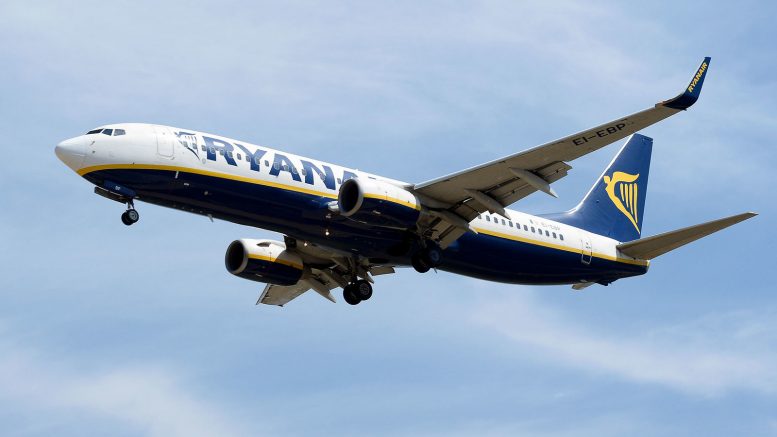As anyone who has flown Ryanair and other budget airlines knows, the cheapest fares don’t always end up being very cheap.
Low-cost carriers, whether Ryanair or Spirit or Frontier, offer the most basic service — efficient passage from point A to point B — for a lower price tag than legacy airlines. If you want to make the experience more palatable, and less like a flying Greyhound bus, you have to pay.
Ryanair charges passengers for everything from checking in at the airport to printing a boarding pass to paying with a credit card to correcting the name on a boarding pass.
Britain’s aviation industry watchdog, the Civil Aviation Authority (CAA), is investigating the Irish airline for the practice.
A CAA spokesman told The Telegraph that they plan to investigate whether no-frills airlines are “being open, clear and transparent about what additional charges they i mpose in relation to tickets and make sure that consumers are aware of what they are paying for.”
This investigation comes on the heels of a class action lawsuit filed last month by more than 5,000 disgruntled Ryanair passengers (not Prince William) who claim they were forced to pay “unfair hidden charges.”They are seeking £400 million (US$587 million) in damages.
While the bulk of Ryanair’s profits come from ticket sales, according to the Daily Mail’s This is Money, up to a quarter of their revenue stems from the so-called ancillary fares, which means Ryanair quite literally banks on passengers paying hidden costs for everything from seats to water. They’ve done quite well at it, too, bringing in $1.4 billion in profits.
Of course, Ryanair is not the only budget airline trying to make money on fees. The Telegraph reports that European airlines raked in an additional £13 billion (US$19 billion) in fees through additional charges, which make up huge portions of revenue for budget airlines. According to the Mail, in 2014 Budapest-based airline Wizz Air made a third of its profits from ancillary charges while England’s easyJet made 19%. Compare that to British Airways, which made just 2% of their revenue from such charges and you’ll see why some travelers are miffed.
“All Ryanair charges and fees are clearly outlined on the Ryanair.com website and throughout the entire booking process,” a Ryanair spokesman told The Telegraph. Now it’s up to the courts to decide if that is true.
Source: www.travelandleisure.com




